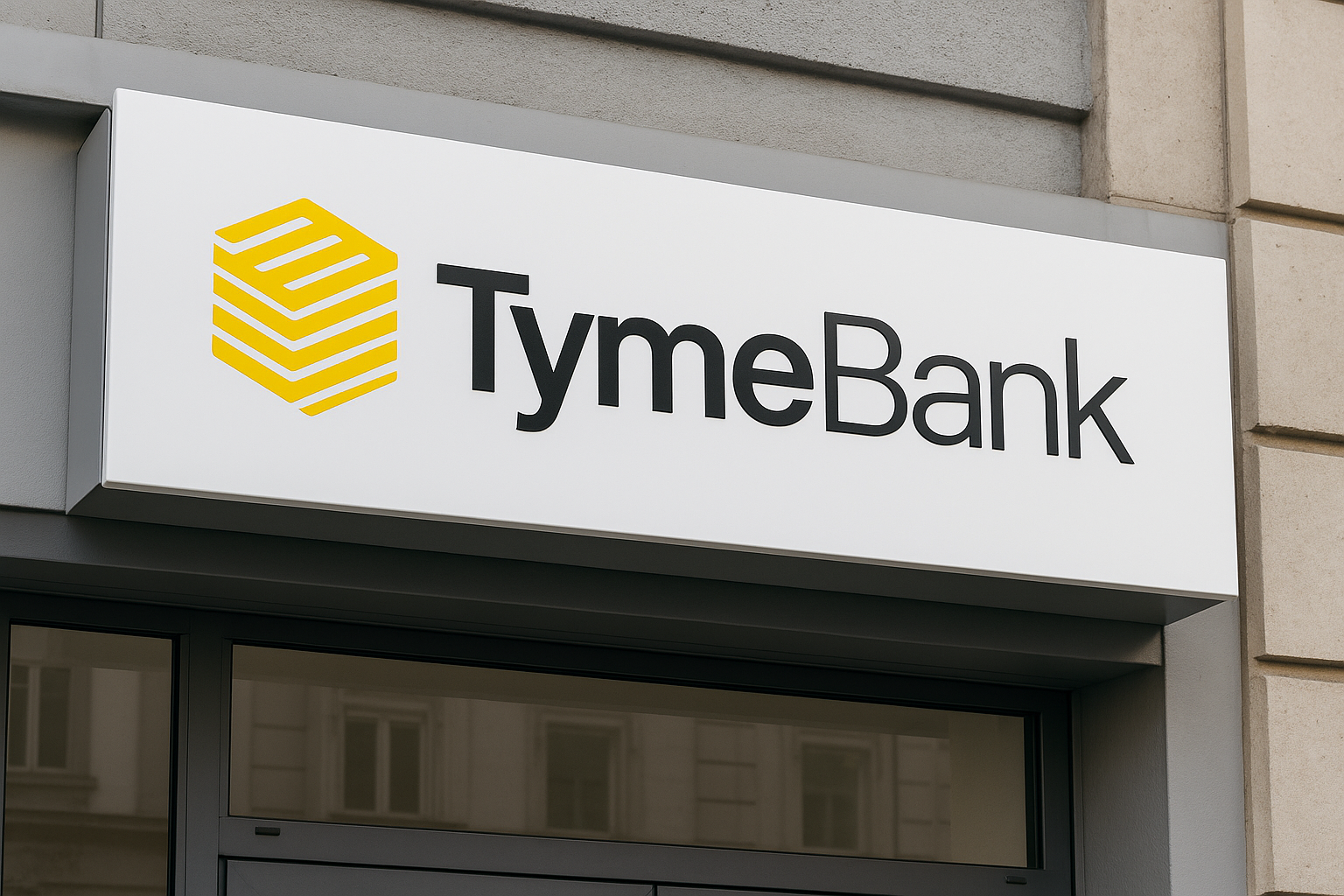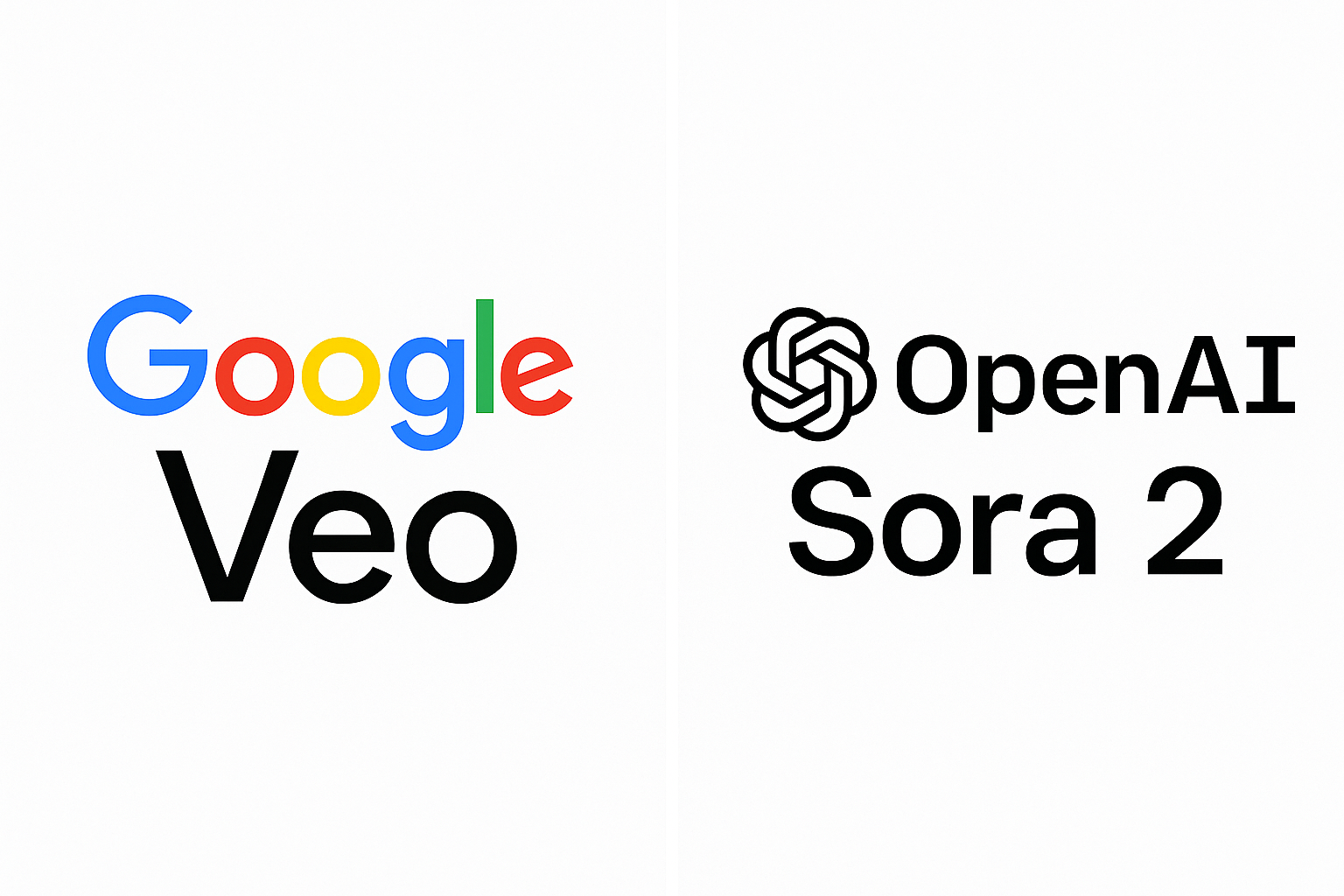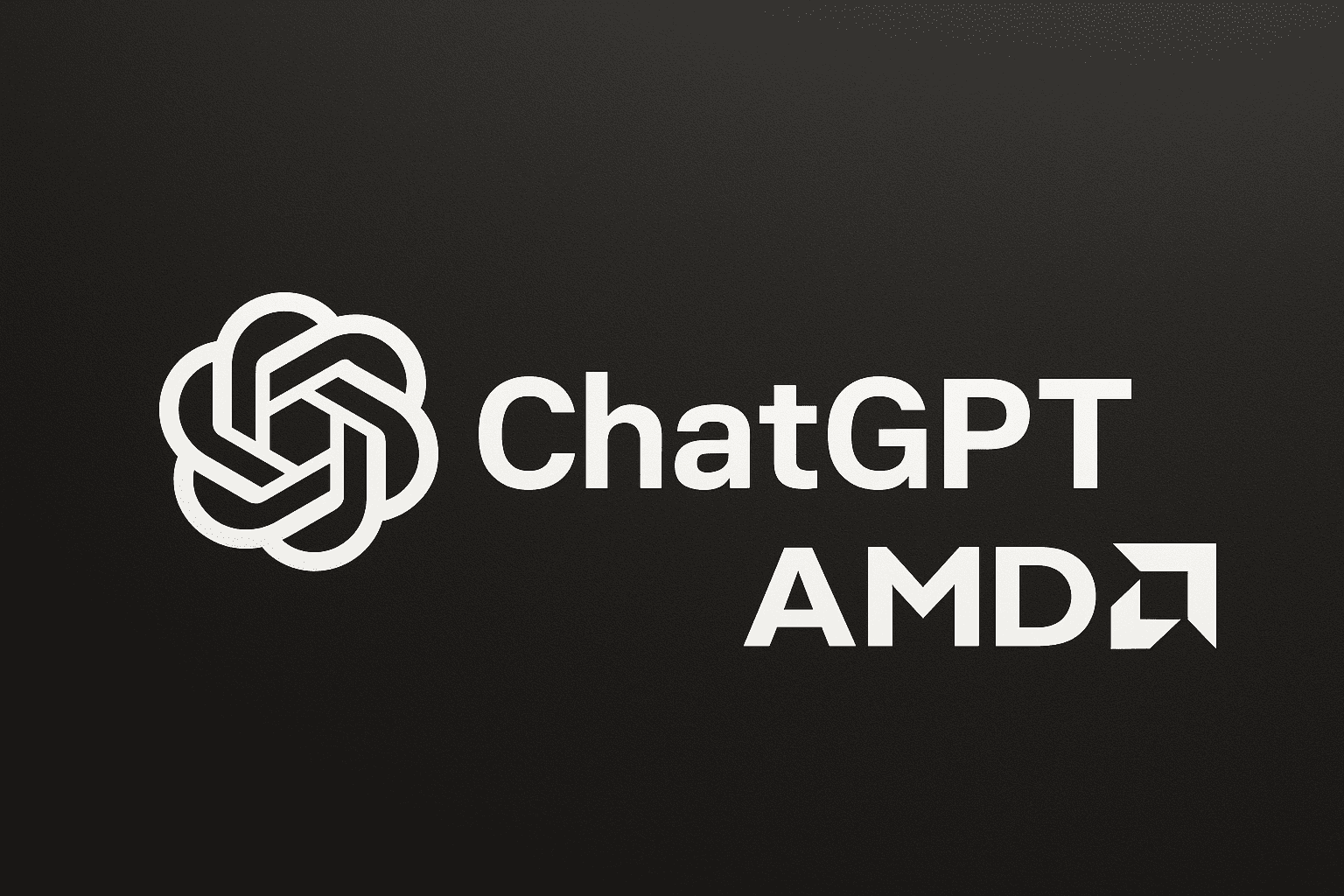AI Isn’t Taking Your Job—But Someone Who Knows How to Use It Might

AI Isn’t Taking Your Job—But Someone Who Knows How to Use It Might
Why South African Professionals Need to Upskill with AI Now
We’ve all heard the dramatic headlines: “AI is coming for your job.” It’s the kind of attention-grabbing fear that spreads fast, especially during economic uncertainty. But the truth, particularly in the South African context, is far more nuanced—and ultimately, more empowering. Artificial Intelligence (AI) isn’t here to directly replace you. However, a South African professional who knows how to use AI effectively might gain a decisive advantage over those who don’t. This makes AI upskilling in South Africa not just an option, but a strategic imperative.
South Africa’s workplace is rapidly evolving. While the official unemployment rate reached 32.9% in Q1 2025, underscoring significant challenges, one trend is clear: professionals who proactively embrace AI tools are gaining a significant competitive edge. AI literacy is rapidly becoming the new “basic computer skills,” and those who are proactive about learning stand to benefit the most in this shifting landscape.
Whether you work in marketing, administration, law, human resources, education, or even logistics—AI is fundamentally reshaping how work gets done. It’s not about full automation or robots physically replacing every human in the office. Instead, it’s about leveraging intelligent tools that help you perform your job faster, smarter, and more efficiently. Crucially, in a resource-constrained economy like South Africa, many of these powerful tools are either free or surprisingly affordable.
Accessible AI Tools for Immediate Impact
Take ChatGPT, for example. South Africans are already harnessing its power to summarise lengthy documents, draft professional emails, generate comprehensive reports, write compelling tenders, and even prepare for crucial job interviews. Instead of spending hours brainstorming content or painstakingly reworking business proposals, professionals are cutting that time in half—and often achieving superior results.
Then there’s Notion AI, which quietly operates as your personal productivity assistant. You can seamlessly integrate it to summarise meeting notes, generate clear action plans, brainstorm creative ideas for marketing campaigns, or effectively organise complex projects. It’s proving particularly useful for entrepreneurs, managers, and freelancers in South Africa who juggle multiple tasks and need to maximize their output.
Canva AI is revolutionising visual communication for everyone. Without requiring any formal design training, marketing teams and small business owners across the country are creating polished presentations, engaging social media graphics, and professional branded assets in record time. Canva’s AI-powered text generation and visual suggestions help users move from initial idea to final execution with minimal effort and impressive results.
All of this is happening right now, in 2025 – not in some distant future or a faraway tech hub. Small business owners in Durban are using ChatGPT to craft more persuasive client proposals. NGOs in Cape Town are leveraging Canva AI to promote vital awareness campaigns on tight budgets. Johannesburg freelancers are using Notion AI to efficiently manage diverse client work and create detailed content calendars without needing to hire additional staff.
The Mindset Shift: Collaborating with AI
Despite these clear benefits and widespread availability, many professionals remain hesitant. Some perceive AI as overly technical, while others mistakenly assume it only benefits software developers or large tech companies. But here’s the critical reality: AI is for everyone, and its value is especially pronounced in economies like ours, where time and resources are often limited.
South African professionals need to shift their mindset from competing with AI to effectively collaborating with it. Those who learn to strategically use AI will streamline routine tasks, significantly improve the quality of their work, and ultimately make themselves indispensable. Conversely, those who do not adapt risk falling behind, especially as more employers in South Africa quietly begin to prioritize candidates with practical, demonstrable AI experience.
The Growing Demand for AI Skills in SA
The job market data is already reflecting this shift. According to PwC’s 2025 Global AI Job Barometer, job postings in South Africa demanding AI skills increased from 2.91% in 2021 to 3.68% in 2024, despite a weakening overall job market. Furthermore, a new SAP report (May 2025) reveals that 90% of African companies (including South Africa) cite negative impacts—like project delays and failed innovation—due to a lack of AI skills. An alarming 85% of these companies prioritize AI development skills, with 83% specifically seeking Generative AI skills.
Companies are increasingly favouring job applicants who can demonstrate how they leverage AI tools to boost productivity. It’s becoming common for interviewers to ask questions like, “How have you used AI to automate or improve any part of your work?” or “What AI tools have you adopted to enhance your efficiency?” Candidates who can answer confidently, with tangible examples, stand out immediately and are far more likely to get hired—or promoted.
Your Path to AI Proficiency: Start Small, Act Now
The good news is, you don’t need to enroll in a formal course or obtain an expensive certification to begin your AI journey. Most AI tools are designed to be incredibly user-friendly and intuitive. The key is to start small and experiment. Use ChatGPT to rephrase an awkward email. Try Notion AI to organise your notes after a meeting. Explore Canva AI the next time you need to create a presentation. The more you “play around” with these tools, the more natural they’ll feel—and the more valuable you’ll become in your role.
Importantly, embracing AI isn’t just about career survival; it’s about opening new doors and unlocking entrepreneurial opportunities. AI tools can empower South Africans to start successful side hustles, launch thriving online stores, create compelling content, or significantly expand existing businesses. A single free AI tool can make a one-person operation look like a full creative agency, effectively leveling the playing field and unlocking opportunities that traditionally required large teams and substantial budgets.
The Future of Work is Collaborative
So, what does this all mean for you as a South African professional?
- Take Charge of Your Upskilling: Don’t wait for your employer to offer AI training. Proactively seek out tutorials, follow industry leaders who simplify AI concepts, and start experimenting with tools relevant to your field. You don’t need to master every AI application; focus on one or two that directly apply to your daily tasks.
- Embrace Adaptability: In the evolving job market, adaptability is quickly becoming more valuable than experience alone. Being able to confidently say, “I’ve leveraged AI to significantly improve how I work,” is now the kind of statement that gets you noticed and hired.
The shift is happening, whether we’re ready or not. AI is already deeply integrated into our offices, inboxes, design software, project management tools, and even web browsers. The South African professionals who understand how to collaborate with it—those who take the initiative to learn, adapt, and apply these powerful tools—will be the ones who not only thrive but also shape the future of work in our country.
Because at the end of the day, AI doesn’t eliminate your job. But someone with the same title, armed with the right AI tools, just might.





